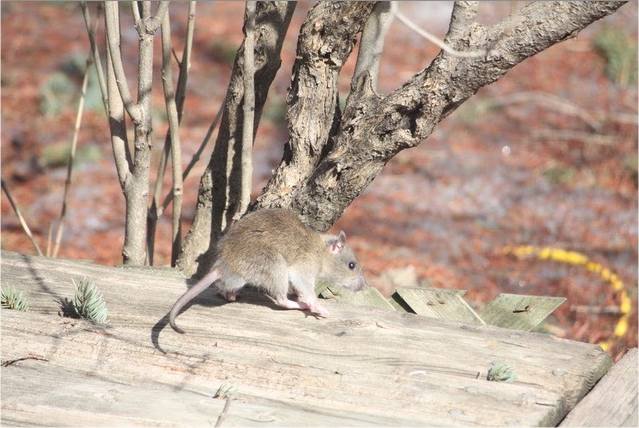Rats are highly intelligent creatures. They are capable of learning new skills and solving problems very quickly. People who have rats as pets discover that they need consistent stimulation in their environment to keep them satisfied. Rats are often used in psychology experiments because the structure of their brains is similar to humans, providing insight into some human behaviours.
When rats get into your home, none of these fascinating facts tend to matter. Instead, panic sets in, along with a sense of repulsion. There are certainly reasons to be concerned. These critters are capable of a significant amount of damage to your home. They also represent a serious health hazard, as they transmit diseases such as hantavirus and rat-bite fever. Many looking for natural ways to eliminate rats believe that they can enlist their feline family member for help, but it is important to call the experts in wildlife prevention in Montreal at the first sign of rodents in your house.
Cat Patrol
It is true that cats are rather adept at catching their prey. Just ask anyone who has had the experience of waking up to discover that their cat has left them a “present” of the rodent variety outside the bedroom door or in the dog’s water dish! However, they tend to prey on mice rather than rats. Even if Fluffy does manage to capture a rat, she isn’t likely to do much good in curbing a growing population.
Rats, like other rodents, are prolific breeders. Give two an opportunity to mate, and they can quickly turn a pair into a colony of 1,000. There is no way any domestic cat can consume enough to keep the population from growing out of control. Rats do have a number of natural predators and enemies that are far better adapted for rat patrol than the domestic cat, but you can’t own most of them!
Natural Predation
There are several animals that instill fear in the hearts of wild rats. Unfortunately, they are not found where humans live in high enough numbers to keep rats out of homes entirely. If you want to prevent rats from invading your space, it is better to rely on experts in wildlife prevention in Montreal.
Felines
While the house cat is not great at catching rats, its feline cousins are. Wild cats regularly include rodents on their menu. Bobcats and cougars are the two most commonly found in North America. While the bobcat prefers smaller prey, like rats, cougars are less picky about the size of their meal. They simply adapt their hunting methods to their target.
Birds of Prey
Birds of prey are perhaps the rat’s primary natural enemy. Owls are particularly fond of eating them, and, since both rats and owls are nocturnal, owls get a lot of opportunities to do so. Hawks and falcons also aren’t opposed to consuming a rat should one cross their paths. However, these birds do their hunting during the day, so they are not as formidable an enemy as owls.
Snakes
Several types of snakes regularly consume rats as part of their diets. Canada has 24 species of snakes, and many of them are known to eat rats on occasion. The largest rodent-eating snake in the country is the rat snake. As you might have guessed, rats are this serpent’s preferred food. However, they are not widely distributed in this country.
Weasels
These adept little hunters are natural rat predators. Like owls, they do their hunting at night, which is when rats are also most active. Weasels live in the Quebec province, and they can be found in a variety of environments, including farm fields. For those living in the city, you are not likely to find a weasel hunting down rodents in the neighbourhood!
A Better Option
Skedaddle Humane Wildlife Control is an industry leader in wildlife removal in Montreal. We understand rat biology and behaviour and are here to help you address any wildlife issues you have, humanely and safely.



